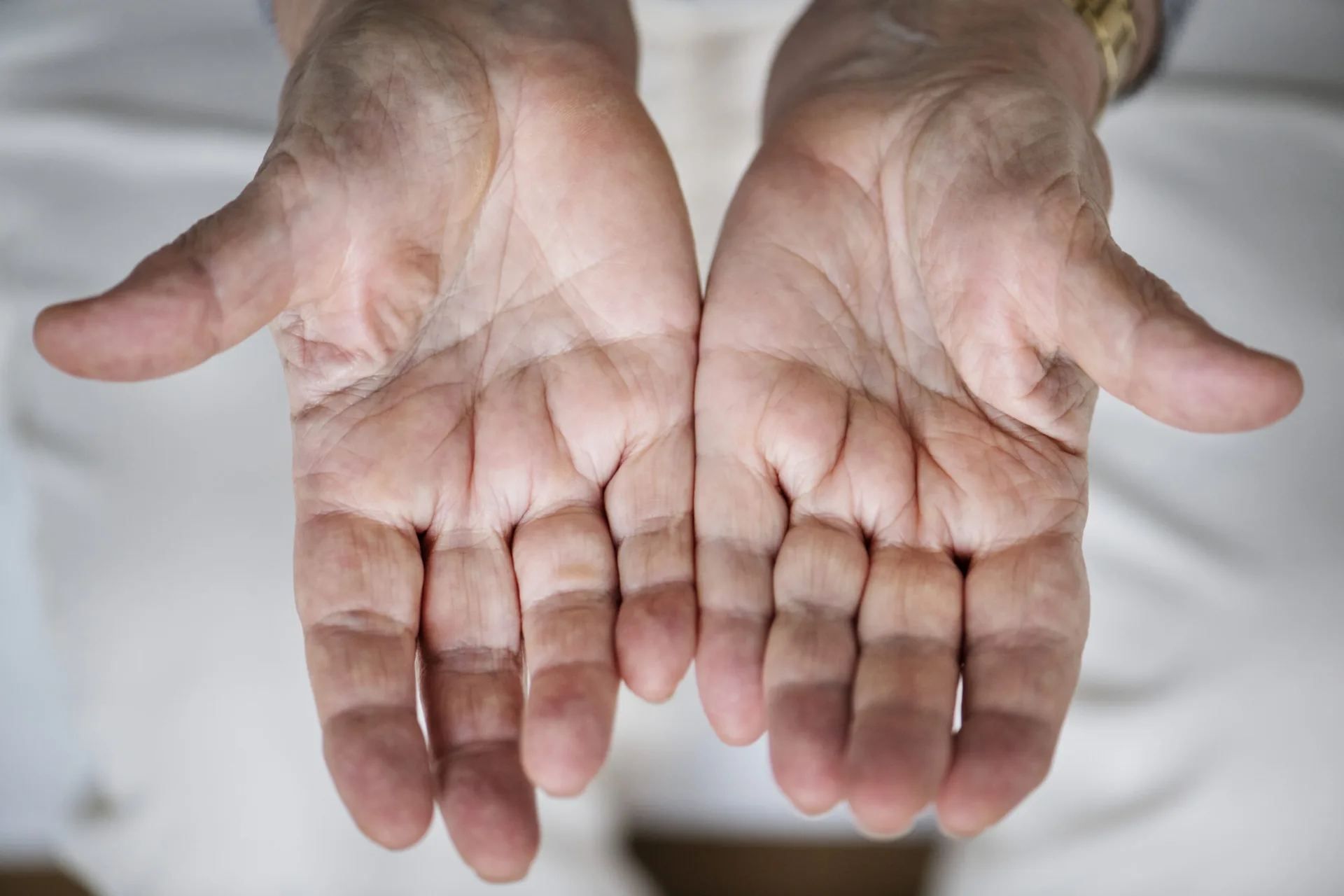
How Long Does it Take for PCP to Leave Your System?
Phencyclidine is commonly known as PCP or “angel dust.” This powerful dissociative drug can cause hallucinations, distort perceptions of reality and lead to dangerous behaviors. While PCP’s effects may only last a few hours, the drug can stay in the body for much longer, depending on how much and how often it is used. Understanding how long PCP stays in your system is crucial, especially if you are seeking treatment for addiction or undergoing drug testing.
The Half-Life of PCP
The half-life of PCP is estimated to be between seven and 46 hours, meaning that it takes this long for the concentration of the drug in the blood to reduce by half. However, just because the drug’s effects have worn off doesn’t mean it has left the system entirely. PCP is fat-soluble, which means it is stored in the body’s fat cells and is slowly released into the bloodstream over time.
Detection Times for PCP
- Urine: PCP can be detected in urine for 7-14 days after use for occasional users. For chronic users, it can remain detectable for up to 30 days or more.
- Blood: PCP can be detected in the blood for 24-48 hours after use. However, in chronic users, it may be detectable for a longer period.
- Hair: Hair tests can detect PCP use for up to 90 days. This is because hair follicles absorb traces of drugs from the bloodstream as they grow, preserving a record of drug use for months.
Factors That Influence How Long PCP Stays in the Body
Several factors affect how long PCP remains in a person’s system, including:
- Frequency and Amount of Use: Chronic or heavy users will retain PCP in their system much longer than those who use the drug occasionally.
- Metabolism: A person’s metabolic rate plays a significant role in how quickly their body processes and eliminates PCP. Individuals with a faster metabolism will clear the drug more quickly than those with a slower metabolism.
- Body Fat: Because PCP is stored in fat cells, individuals with a higher body fat percentage may retain the drug longer than those with less body fat.
Treatment for PCP Addiction at Bluff Augusta
At Bluff in Augusta, GA, we provide specialized addiction treatment for individuals struggling with PCP addiction. Our programs focus on helping clients safely detox from the drug while addressing the psychological and emotional aspects of addiction.
We offer evidence-based therapies, including cognitive-behavioral therapy (CBT) and group counseling, to help individuals understand the root causes of their addiction and develop coping mechanisms to avoid relapse. Our holistic approach ensures that each client receives the personalized care they need to achieve long-term recovery.
If you or someone you love is struggling with PCP addiction, [phone_linked text=”contact Bluff Augusta today”] to learn more about our treatment programs and how we can help you regain control of your life.








